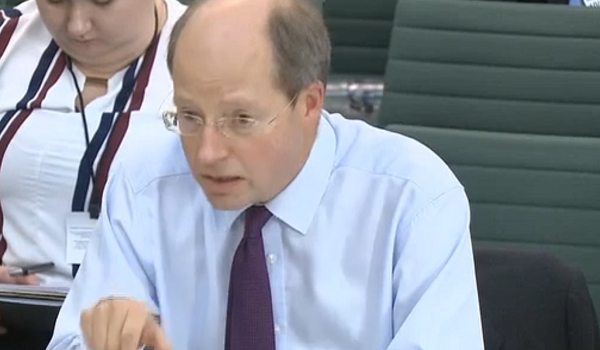Upwardly mobile
New technology is helping to prevent senior officers falling prey to mobile phone hackers.

New technology is helping to prevent senior officers falling prey to mobile phone hackers.
The recent phone hacking scandal brought into sharp focus just how vulnerable senior public figures, including police officers, could be to having their conversations tapped into by criminals.
Encryption specialist Cassidian says that the hacking of telephone conversations is neither complicated nor expensive and that a standard GSM (global system for mobile communications) call can be intercepted, captured and exploited relatively easily.
Phreaking the name given to the hacking of telecommunication devices presents particular challenges for organisations that continue to embrace the trend towards communicating using mobile technology. This includes the police and Cassidian says pressure on officers to respond both during routine patrol work and during major incidents more quickly and effectively is a continuing challenge particularly in the current financial climate where public sector spending remains a key government priority.
Last November, the FBI raided the homes of four phreakers who were discovered hacking into public telephone networks. It was later proved they had links to terrorist organisations, highlighting at first hand just how vulnerable senior figures might be to hackers.
The increase in BTOD (bring your own device) also means that officers could be unwittingly giving away sensitive information to unwanted eavesdroppers over public networks. Other information, such as text messages, caller history and information from address books, can also be hacked into and leave both the organisation and the individual vulnerable to attack.
This summers Olympic Games in London will focus the minds of the police and other emergency services of just how vulnerable they could be to hackers who might be looking to sabotage events for their own gain.
While mobile phone providers have been working to ensure their devices are more secure against hackers in particular tightening up security around accessing voicemails senior personnel are still vulnerable to attack as none of the measures are foolproof.
Against this backdrop, Cassidian has developed the worlds first voice-encrypted app for smartphones that enable senior officers to share sensitive information over public networks in a secure way.
The Moseo Smart app enables the user to make secure, encrypted phone calls using VoIP (voice over IP) on almost any kind of mobile network. The voice and the signalling channel are both encrypted to ensure privacy, safety and security.
Andrew Beckett from Cassidian explained just how easy it can be for hackers to intercept a mobile phone and the problems this can present to organisations such as the police service.
Hackers are becoming increasingly well-versed in finding ways of intercepting phones and other digital devices to obtain often sensitive information, said Mr Beckett.
While this problem is a serious one for organisations such as the police, we realised that we needed to come up with a solution that was both cost-effective, easy to use and could allow officers to communicate over public networks.
Although encryption technology is routinely used around the world by governments and law enforcement officials, the Ectocryp technology is a world-first in that it enables secure communication of data over public networks in super quick time.
Cassidian demonstrated the Moseo Smart technology at the InfoSec exhibition in London earlier this year.


